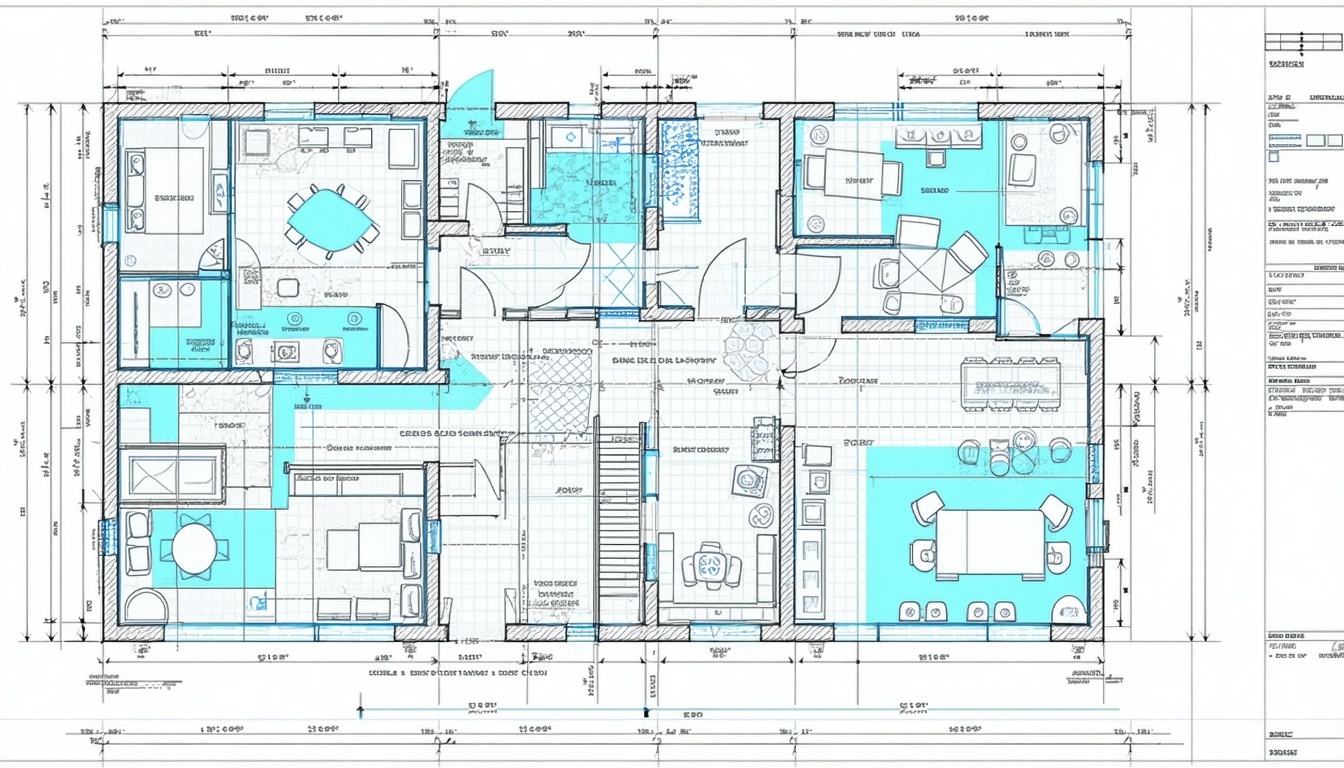Navigating the intricacies of the BASIX assessment process when design changes occur can be a daunting task for homeowners, builders and architects alike.
When do changes trigger a new BASIX assessment?
Changes to your building design can indeed necessitate a new BASIX assessment. Significant modifications such as alterations in floor area, glazing, or orientation are primary triggers. For instance, increasing the floor area might impact the thermal performance and energy consumption of the building, necessitating a fresh evaluation.
Similarly, changes in glazing, like adding more windows or altering their size, can affect the building’s energy efficiency and water usage. Orientation changes can impact the building's exposure to sunlight, influencing heating, cooling, and lighting requirements. Each of these factors plays a critical role in meeting BASIX targets, thereby making reassessment essential.
Minor vs major design changes: What’s the threshold?
Understanding the distinction between minor and major design changes is crucial. Minor changes, such as slight adjustments in internal layouts or minor cosmetic alterations, usually do not require a new BASIX assessment. However, it’s always best to consult with your BASIX assessor to confirm.
Major changes, on the other hand, which significantly impact the building’s energy, water, or thermal performance, will necessitate a new assessment. Examples include substantial changes in floor area, significant alterations in the building’s orientation, or major modifications in the type and amount of glazing used.
Council expectations when resubmitting a BASIX assessment
When resubmitting a BASIX assessment due to design changes, councils expect detailed and accurate information. You must provide updated plans and documentation outlining the modifications. Any discrepancies or incomplete information can lead to delays in the approval process.
Ensure that the new BASIX certificate is included in your Development Application (DA) or Complying Development Certificate (CDC) submission. Councils rely on this document to verify that your project continues to comply with NSW sustainability targets.
What to do if your builder changes materials or window sizing
Changes in building materials or window sizing by your builder can also impact the BASIX assessment. Materials with different thermal properties or changing the size and type of windows can alter the building's thermal efficiency and energy requirements.
In such cases, it’s critical to communicate these changes to your BASIX assessor promptly. They can determine if a new assessment is necessary and help you update the BASIX certificate to reflect these modifications, ensuring compliance with sustainability requirements.
How Certified Energy helps manage BASIX revisions without delays
At Certified Energy, we understand the challenges that come with design changes and the importance of timely BASIX assessments. Our team of experienced professionals can swiftly evaluate your design modifications and update your BASIX certificate efficiently.
By leveraging our expertise and streamlined processes, we help you manage BASIX revisions without unnecessary delays, ensuring your project stays on track and compliant with NSW sustainability standards. Trust Certified Energy to handle your BASIX assessment needs with precision and professionalism.







